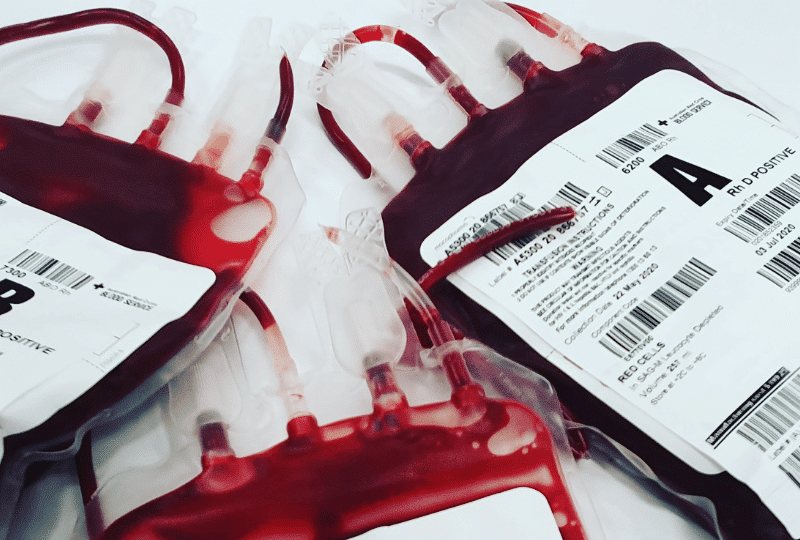St. Luke’s Launches New Holistic Menopause Program
St. Luke’s University Health Network has opened a new menopause program to provide comprehensive, traditional and holistic care to women experiencing this change of life, which begins when the ovaries stop producing the hormones estrogen and progesterone.

St. Luke’s University Health Network has opened a new menopause program to provide comprehensive, traditional and holistic care to women experiencing this change of life, which begins when the ovaries stop producing the hormones estrogen and progesterone.
The program will differ from most in that it will treat patients’ menopause symptoms with a customized blend of exercise, nutritional counseling, nutritional supplements and plant-based, bio-identical hormones, which are identical to human hormones. Antidepressants and other medicines will be prescribed, if necessary, and patients will be referred seamlessly to specialists for osteoporosis, urogynecology, weight management, sexual difficulties, heart problems and other conditions associated with menopause.

The program will be led Albert Peters, DO, FACOG, a long-time physician in the Lehigh Valley. Dr. Peters brings a vision and expertise to the program from fellowship training in anti-aging and metabolic medicine through The American Academy of Anti-Aging Medicine (A4M). He also has board certifications in obstetrics and gynecology and reproductive endocrinology.
In addition to Dr. Peters, the St. Luke’s team of OB/GYN experts who will provide integrated menopause care to patients throughout the network include Ann Freeman, DO, James McGuire, MD, Douha Sabouni, MD, Angela MacMillan, CRNP, and Valerie Schissler, CRNP. The team shares a passion, advanced training and expertise in both traditional and functional treatments for women suffering from menopause symptoms.
“We have worked hard to put together this unique program that provides women in our communities with exceptional, personalized, high-quality care where, when and how they deserve it,” said Justin Kashner, MBA, St. Luke’s Service Line Administrator, Women’s Health.
Dr. Peters estimated that 60 to 70 percent of women experience difficult-to-treat and problematic symptoms of menopause, most of which can be managed with safe, effective options, without the use of antidepressants.
The future of local coverage depends on you.
Support Our News


“Menopause has long been an underserved area in women’s health care,” said Dr. Peters. “We must approach this season of a woman’s life with care, thoughtfulness and attention to effective and safe options for all women.”
Note: This local health news is brought to you in partnership with St. Luke’s University Health Network.




